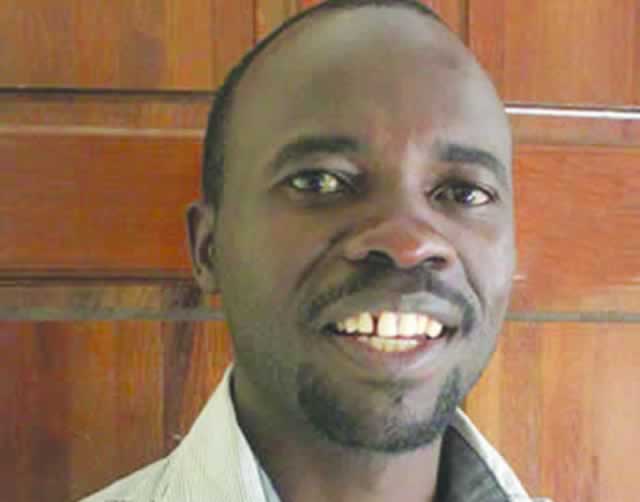Level mobile playing field: Econet

Happiness Zengeni and Conrad Mwanawashe
ZIMBABWE’S largest telecommunications provider, Econet Wireless Zimbabwe, says Government should level the playing field in the mobile services sector to ensure that players grow their businesses and in turn contribute significantly to the economic development. Econet chief executive officer Douglas Mboweni told analysts at the presentation of the group’s full year to February results yesterday that some of its competitors are yet to renew operating licences and yet Econet had already paid for its permit three years back.
“One of the main concerns that we have always raised is to do with the uneven playing field when it comes to competition. I know that one of our competitors recently celebrated 20 years in business and yet we know that they have not renewed their licence. We are less than 20 years and we had to renew our licence in 2013,” said Mr Mboweni.
“We have to continuously raise these issues but what we keep our eyes focused as management, even to say yes, it may be uneven but let us ensure that we are resilient even in these tough situations,” he said.
Mr Mboweni said the changes to the regulatory framework and statutory payments resulted in a decline in revenue.
Revenue in the year to February declined 14,1 percent to $641 million from $746,2 million in the comparative period as a result of the regulatory price reductions and increased levies as well as the deteriorations in the economic environment.
Income was also impacted by the 16 percent decline in voice revenue and 35 percent reduction in tariffs.
Mr Mboweni said the local telecom industry in line with global trends is experiencing a decline in voice revenues but Econet planned for this trend and over the years has invested in infrastructure creating an innovation pipeline to create new revenue streams.
“In a shrinking industry we have maintained market dominance getting 70 percent of the value share while aggressively growing our broadband and mobile financial services. Through our robust business model we are overcoming disruptive technology cycles and strong economic headwinds.
“The declining voice revenues will be eased by incentives and packages that suit declining disposable incomes and growing our broadband through wider 4G/ LTE coverage, offering affordable smartphones and rolling broadband to the home.
“Our focus will also be on growing mobile financial services through promoting EcoCash as a premier mobile merchant payment platform and broadening our mobile insurance offering.
“The entry of the groundbreaking media service, Kwese TV will enable us to offer media and entertainment services for our clients creating further headroom for value,” he said.
In his presentation of the financials, finance director Roy Chimanikire said the results reflect the “impact of the regulatory tariff reductions as well as a cocktail of taxes and levies which include five percent excise duty and the increase in Universal Services Fund levy. This has effectively reduced our tariffs Level mobile playing field: Econet
while directly increasing our costs through additional tax burden. Through an aggressive cost optimisation programme we are ensuring that we protect the bottom line”.
Apart from the five percent excise duty on airtime, some of the levies that were introduced include increase in the USF levy to 1,5 percent from 0,5 percent from January 1 this year and the reduction of the inter-connection rates from five cents per minute to four cents per minute.
Econet said the negative impact of these factors amounted to $4,5 million on revenue and $0,8 million on costs respectively. The excise duty levied on the company resulted in a revenue reduction of $30 million for the year under review.
Going forward, declining voice revenue will be supported by micro-segmentation and roll out of appropriate incentives and packages going forward. The group’s mobile banking and money transfer service, EcoCash has become the largest in Zimbabwe and one of the largest in the region. As of year-end, EcoCash had 5,8 million registered users and had moved $6,6 billion through money transfer, both within Zimbabwe and from Zimbabweans remitting money from outside the country.
Ecocash has recorded a 48 percent growth in the number of agents to 26 500 from 17 900 and is contributing 11 percent to revenue having generated $73 million in the year to February. The prevailing cash shortages are driving the Ecocash business as more customers resort to mobile banking. Data contributed $113 million which is 18 percent contribution to group revenue. Going forward focus will be given to increased fiber-to-the-home and offer of attractive bundle pricing driving data traffic.
Mr Mboweni said the group having “interesting discussions” with suppliers of smartphones in a bid to pump more smartphones into the market so that more people could have access to data services. Ecocash and data contributed about 30 percent to the group’s revenues.
Profit after tax was $40,2 million impacted by high depreciation amounting to $136,8 million.










Comments